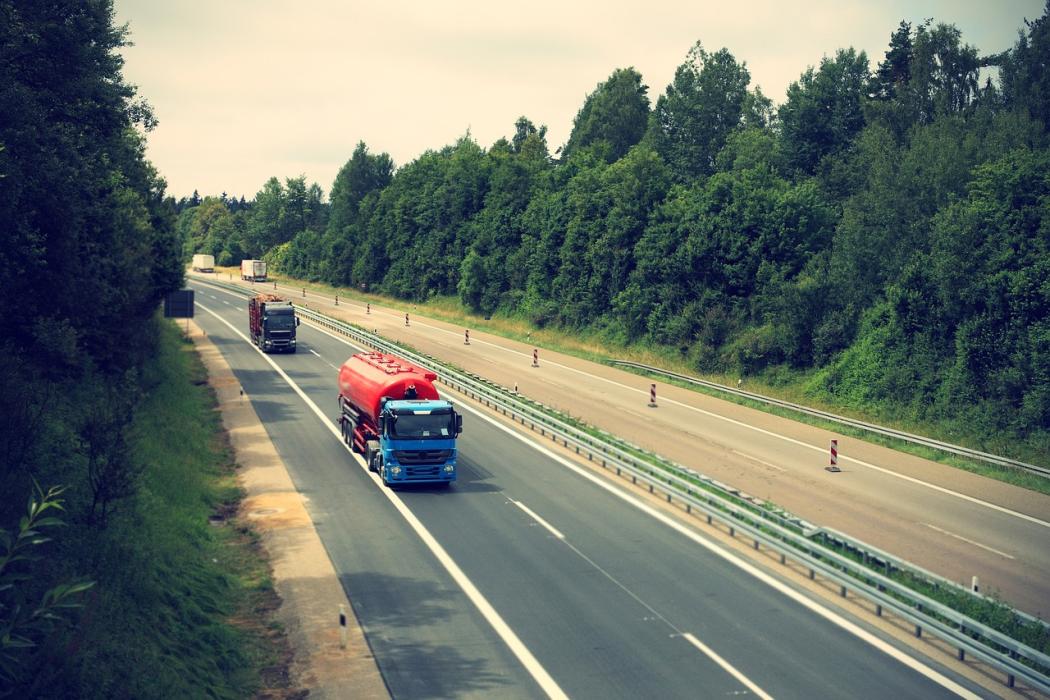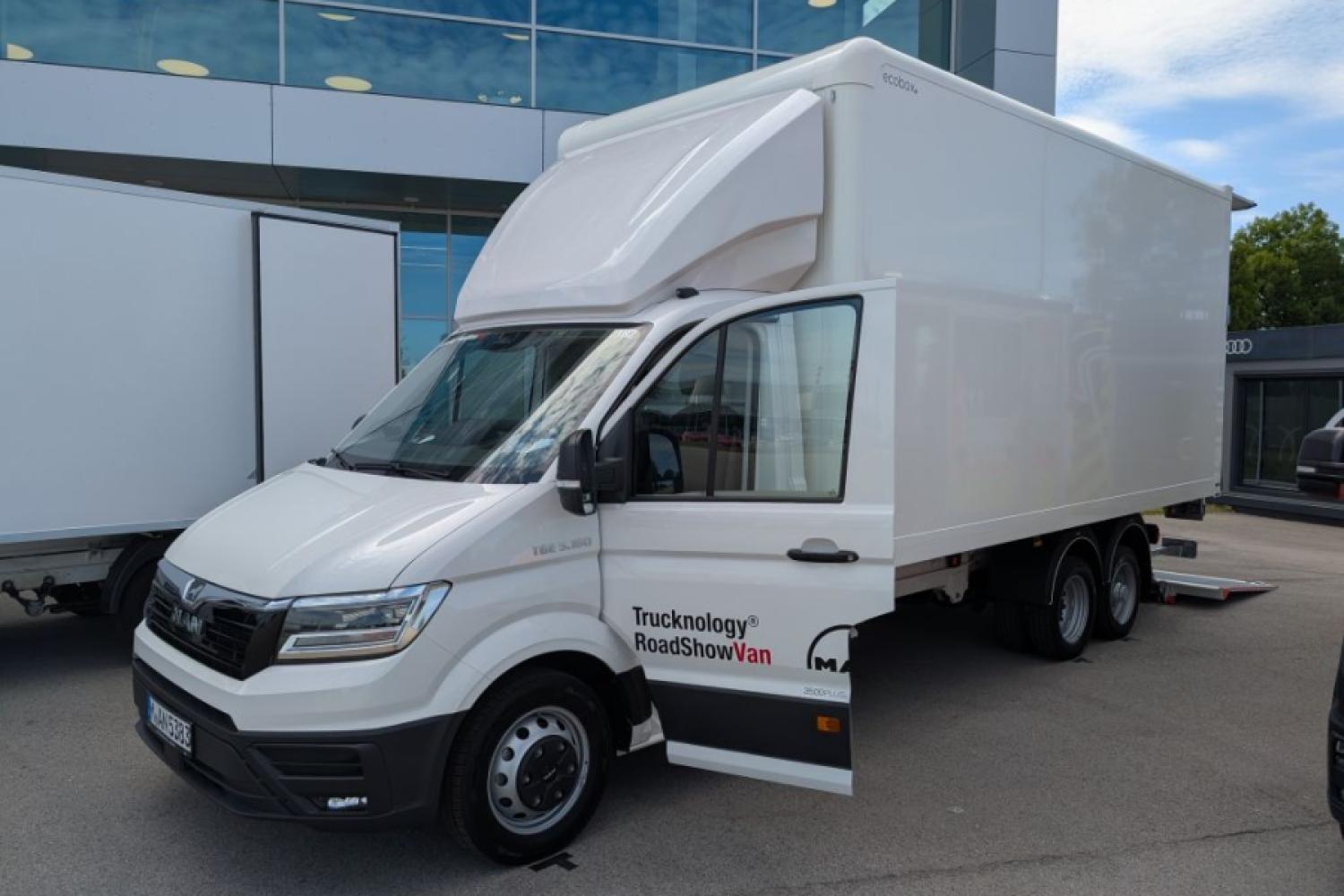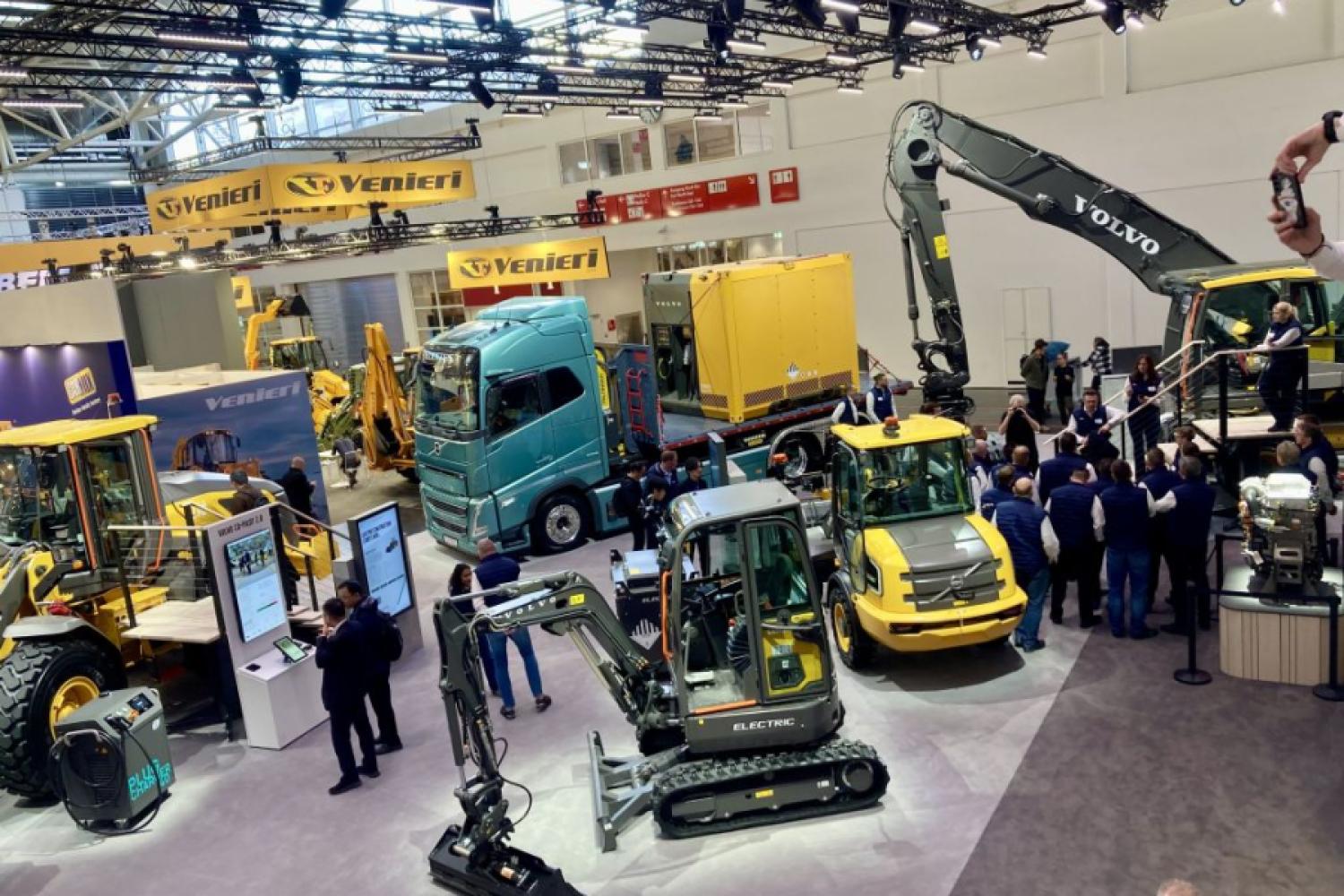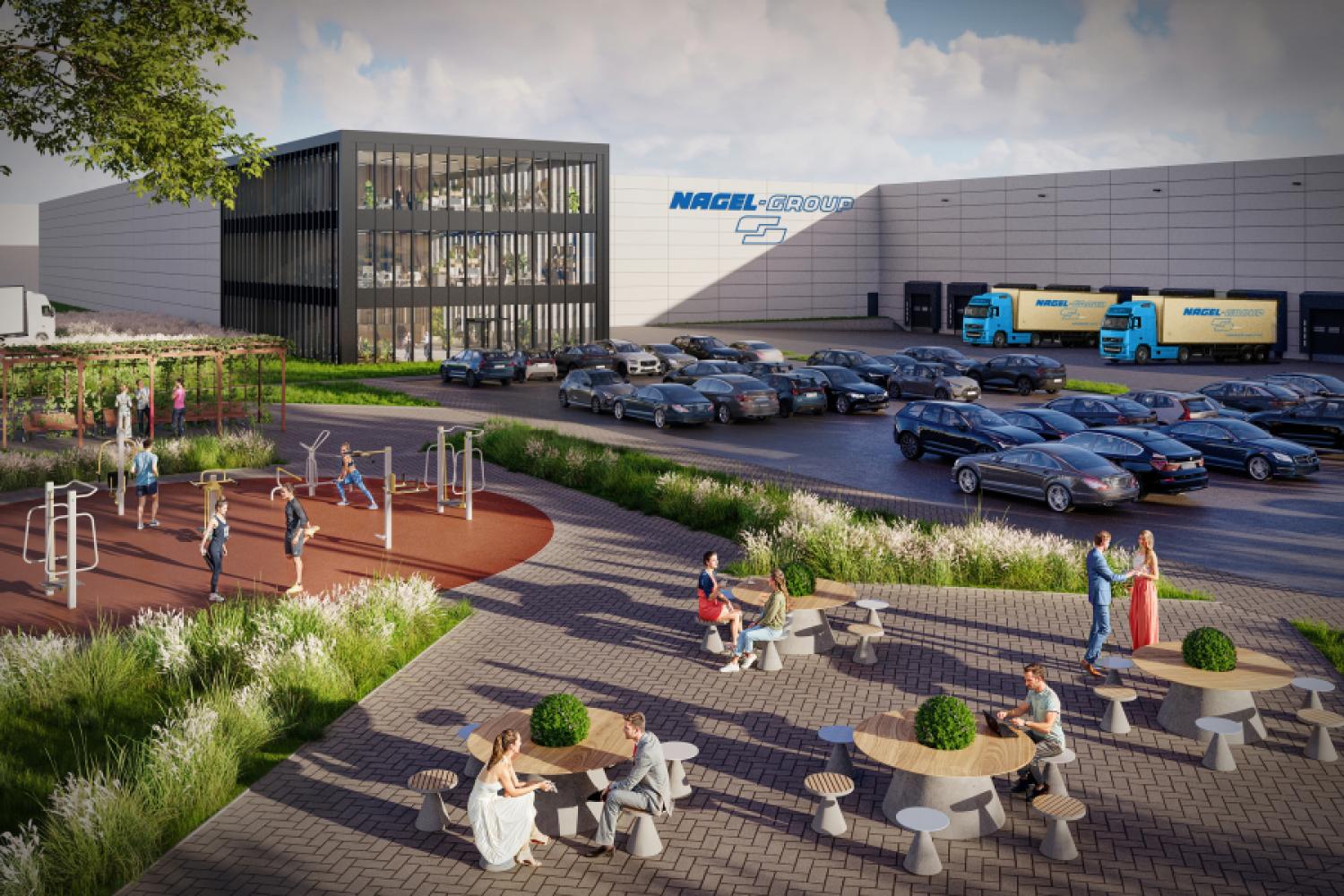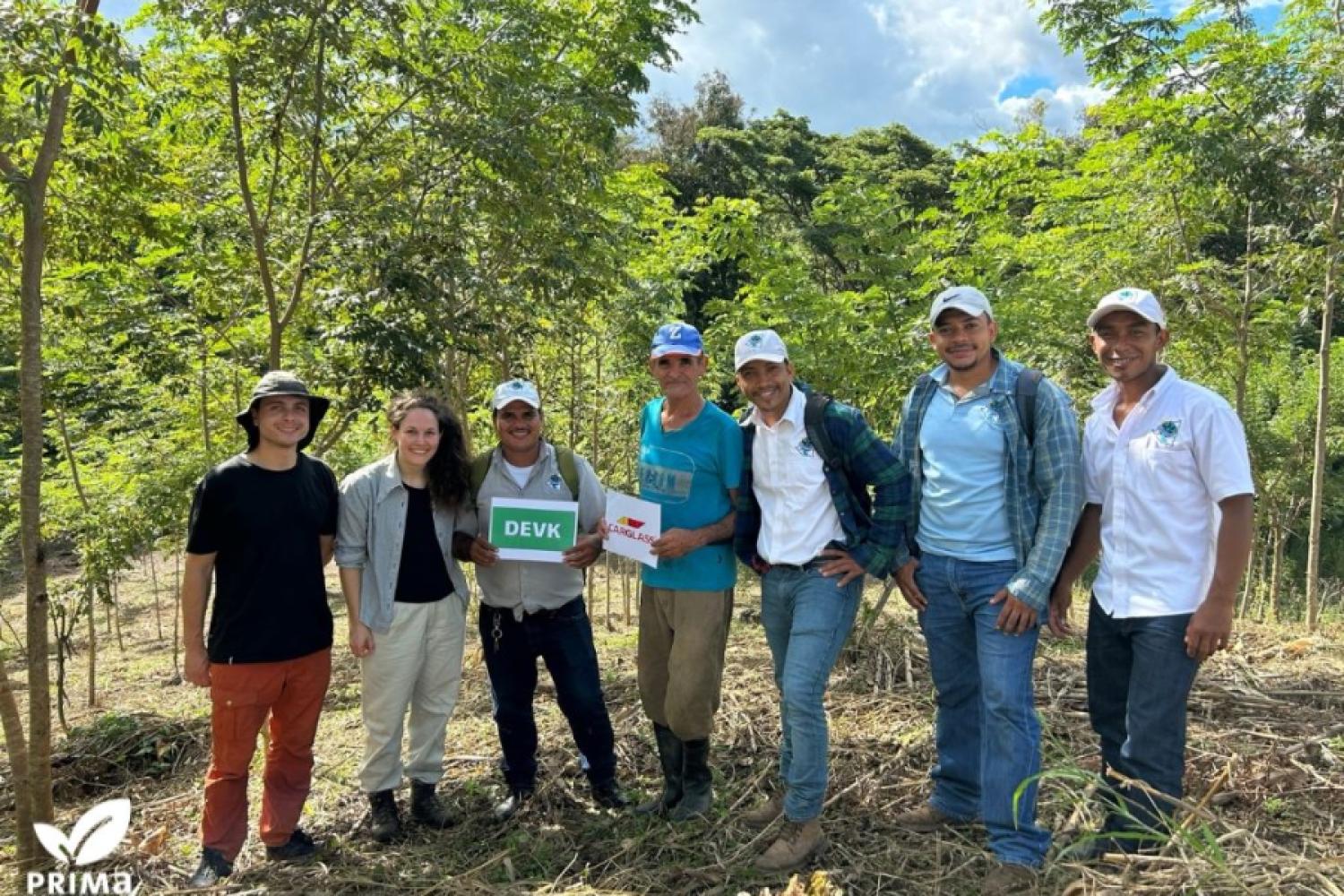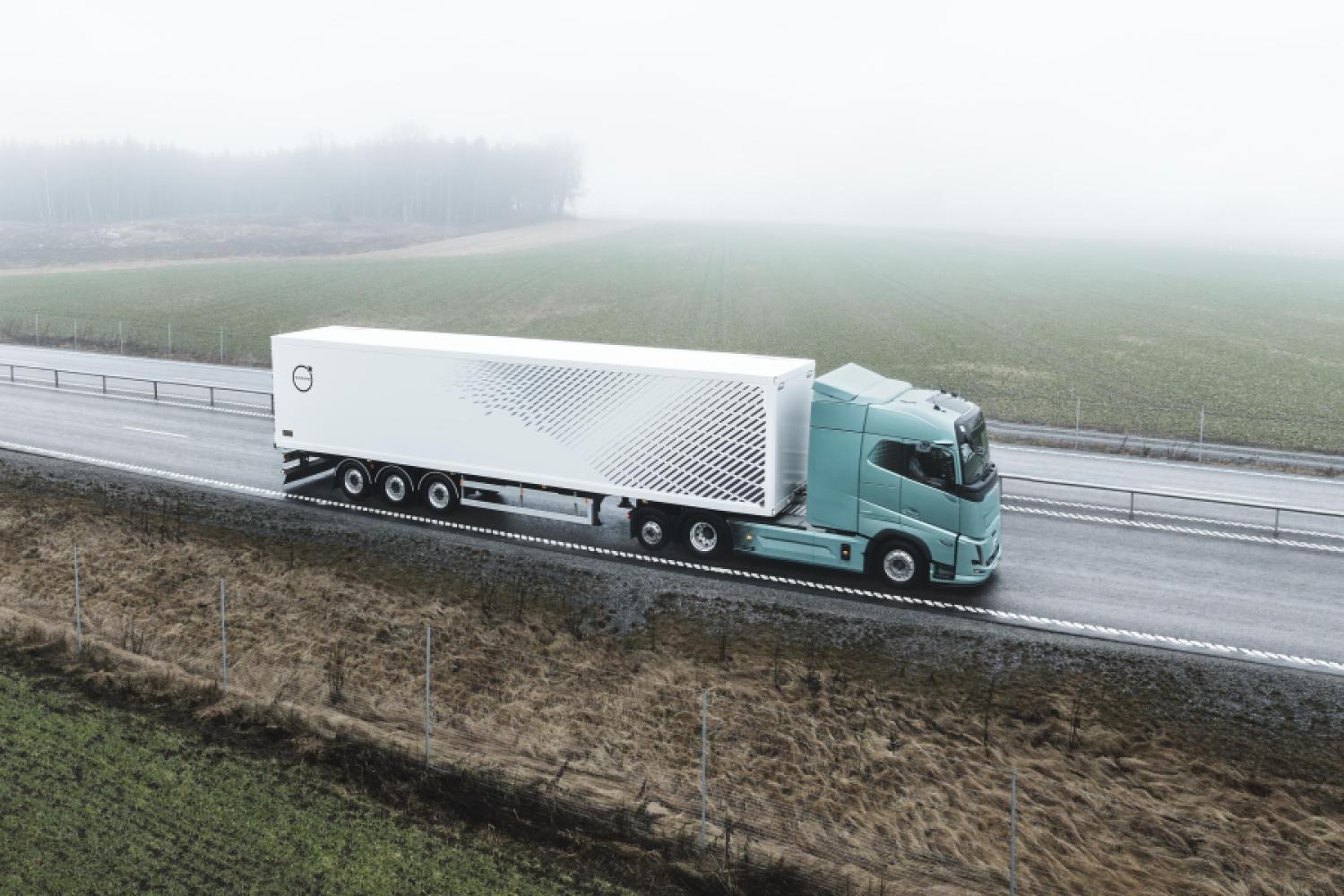The Association Network Logistics (VNL) has released its current situation report for the third quarter of 2025. The report highlights key developments in freight transport and outlines the challenges companies will face in the coming months. The assessments are based on expert surveys and, according to VNL, provide practical guidance for decision-makers in the logistics industry.
The focus of the current analysis is on increased geopolitical risks, planned renovations in the German rail network, and a looming bottleneck in air freight transport. According to VNL's assessment, planning in international freight transport is becoming increasingly difficult.
“Reliability is the backbone of stable supply chains – especially in a time full of uncertainties," explained VNL Chairman Franz Staberhofer. The organization has been publishing its assessments of the freight transport situation quarterly since the beginning of the year.
Energy Prices as
Cost Drivers
As a central risk for transport costs, VNL identifies the political situation in the Middle East. In particular, a possible blockade of the Strait of Hormuz by Iran worries the network. About a fifth of the world's traded oil is transported via this route. Such an intervention would have an immediate impact on oil prices—and thus on the costs of all modes of transport. Other energy prices, such as electricity and natural gas, could also rise significantly in the event of escalation.
The consequence would be a broad increase in freight costs. The VNL therefore calls on companies to prepare their cost structures and contracts early for possible price jumps. Staberhofer appealed:
“Resilience does not arise through reaction, but through foresight planning.”
Rail Renovations Impacting Road Transport
Infrastructure in Europe is also coming into focus. According
to VNL's assessment, the closure of the Hamburg–Berlin route planned for August 2025 will have noticeable consequences for freight transport. Particularly, transports to and from the Port of Hamburg must prepare for longer transit times and possible bottlenecks. Further construction measures are to follow in the coming years, including the complete renovation of the Nuremberg–Passau route from 2026.
The association sees a clear mandate for companies to act. Detours, capacity bottlenecks, and extended delivery times are not only an issue for rail freight transport but also impact the loading in road freight transport. Those who do not prepare alternatives risk delays in the entire supply chain.
Air Freight: Less Cargo Space from Autumn
Air freight is also likely to come under pressure from autumn. With the switch to the winter flight schedule, the availability of “belly cargo”—i.e., cargo
space in the lower deck of passenger planes—is expected to decrease. At the same time, seasonal demand in the Christmas business is increasing. The VNL therefore anticipates significantly rising freight rates in this segment.
This development is another factor that makes proactive planning essential, according to the statement. Companies should also check their capacities and alternatives in this area.
Appeal to the Logistics Industry
Overall, the industry experts surveyed by VNL paint a tense picture of the coming months. The combination of geopolitical risks, infrastructural constraints, and seasonal bottlenecks requires strategic preparation. The association calls on logistics players to actively monitor developments and take necessary measures early.
The VNL situation report is funded by the Austrian Federal Ministry for Innovation, Mobility, and Infrastructure (BMIMI) and implemented by the Rail Infrastructure Service Company mbH (SCHIG mbH) under the logistics
